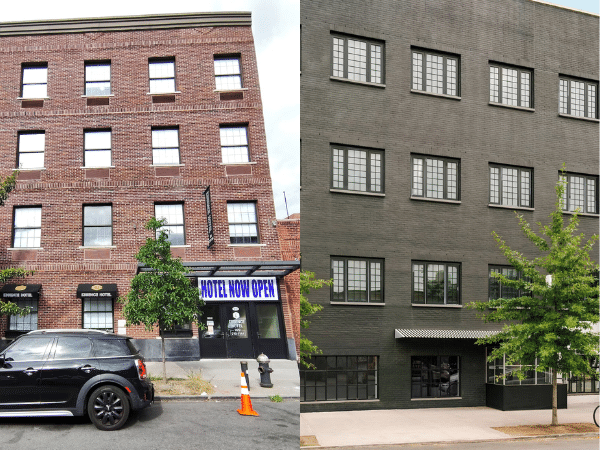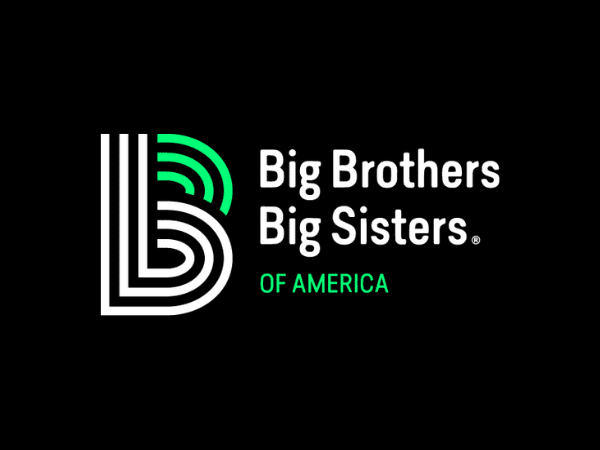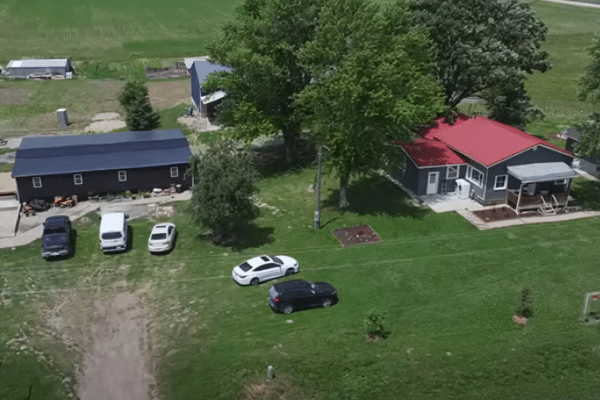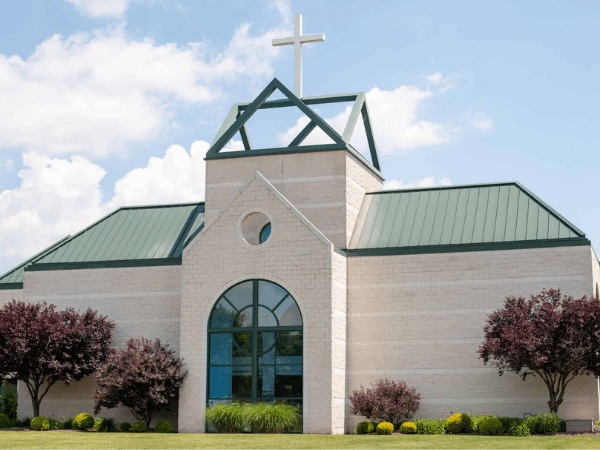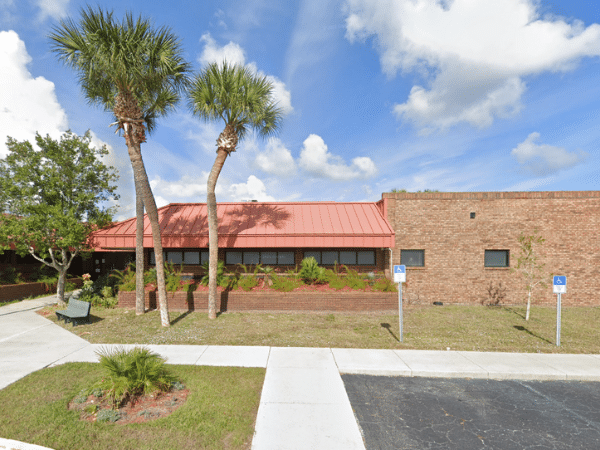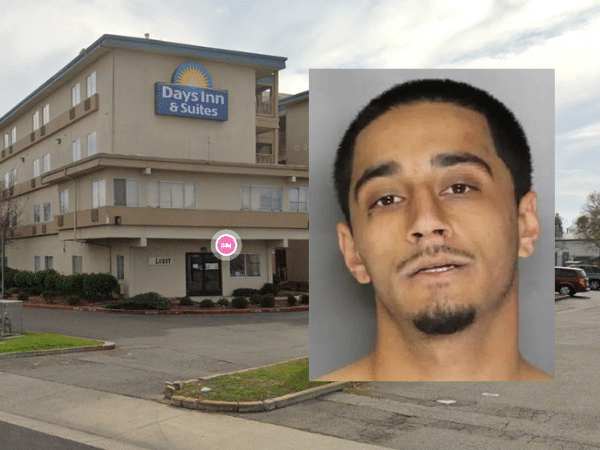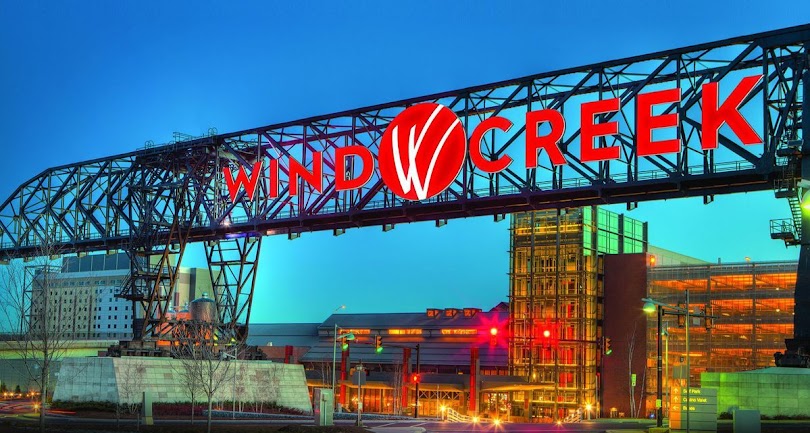Image sources: Essence Hotel exterior via Expedia, The Industrialist Hotel Gowanus Brooklyn, Sonder by Marriott Bonvoy exterior via Expedia
Hotels are meant to be safe havens—places where guests can rest and expect basic standards of care. Yet in some cases, hotels have become sites of exploitation where trafficking is allowed to continue unchecked despite clear signs and opportunities to intervene.
A recently filed federal lawsuit alleges that two Brooklyn hotels—Essence Hotel, LLC (“Essence”) and The Industrialist Hotel Gowanus Brooklyn, Sonder (“Sonder”) —failed in their legal duties by enabling a known trafficker to exploit a young woman within their walls.
Background on the Essence & Sonder Case
According to the lawsuit filed by Andreozzi + Foote, the victim was trafficked at both Brooklyn hotels in 2016. She was threatened, held in rooms with other girls, and coerced into commercial sex acts through the use of drugs and alcohol. Many of the other victims were underage.
Harris, the trafficker, was ultimately charged with sex trafficking multiple victims by force, fraud, and coercion. In 2023, he was sentenced to 21 years for sex trafficking.
Prosecutors have confirmed that Harris used violence, threats, coercive tactics, and controlled substances to compel his victims into prostitution, often advertising them online using Backpage.com and social media. The investigation revealed that Harris forced victims to turn over the money they earned and brutally punished those who didn’t comply. In one instance, “he dragged a victim through a pool of bleach he had poured on the floor.” (Justice.gov) Another time, he threatened a victim at gunpoint and posted a photo of it to his Instagram account. The NYPD uncovered the trafficking operation after responding to 911 calls reporting girls trapped at Harris’s Brooklyn apartment. They found two adult victims, a minor, and evidence linking Harris to sex ads and hotel activity.
Allegations Against the Hotels
The lawsuit alleges that the hotels knew or should have known about the sex trafficking occurring on their properties, including as it related to the victim, due to many red flags. These included a constant stream of visitors, signs of drug use, loud disturbances, and visible signs of trauma. Despite these indicators, hotel staff allegedly failed to report the trafficking or intervene.
The hotels are also accused of financially benefiting from the trafficking through repeated room rentals and the provision of services, including Wi-Fi used to advertise victims online.
Legal Claims
The lawsuit seeks damages under the federal Trafficking Victims Protection Reauthorization Act (TVPRA) and the New York State Human Trafficking Act. Both laws allow victims to pursue civil claims against businesses that profit from or facilitate trafficking, even if indirectly.
Help Is Available
If you or someone you know is a survivor of human trafficking, help is within reach. Please contact law enforcement or the National Human Trafficking Hotline.
📞 1-888-373-7888 (24/7, confidential)
📱 Text “BEFREE” (233733)
📧 help@humantraffickinghotline.org
Andreozzi + Foote: Standing with Survivors
At Andreozzi + Foote, we are dedicated to holding institutions accountable when they fail to prevent abuse and exploitation. Hotels are not helpless observers; they play a critical role in recognizing and disrupting trafficking. When they ignore warning signs or allow profit to take precedence over safety, they may be held liable under civil law.
If you or someone you love was a victim of sex trafficking, we encourage you to reach out to our team for a free, confidential consultation. Our team handles these cases with professionalism, respect, and deep sensitivity to each client’s experience.
Your voice matters. Your story deserves to be heard. We’re here to help you seek justice.

